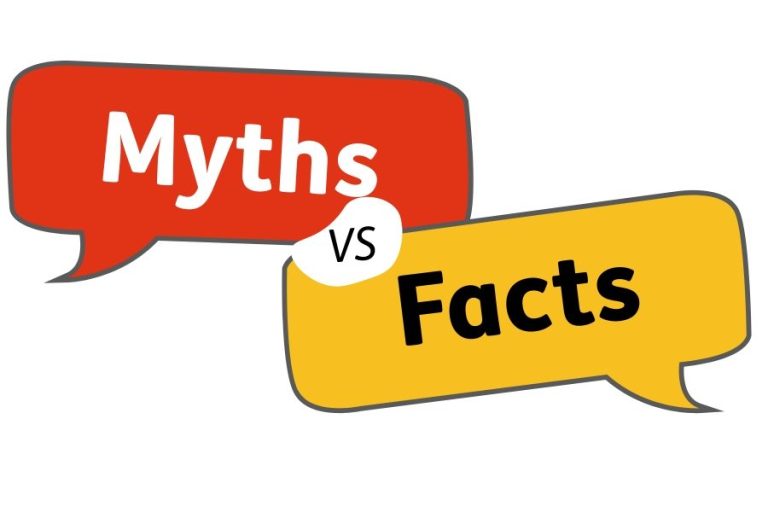In the wake of the announcement of an inquiry into grooming gangs, our sexual exploitation project manager talks about the myths that persist around abuse.
The Prime Minister has announced a full national inquiry, following the report by Baroness Louise Casey. This moment has reignited national conversations about child sexual exploitation (CSE) and what we see as the dangerous myths that continue to cloud public understanding.
In our What is Sexual Exploitation (WiSE) project, we often discuss these myths and the effect they have on our young people. Perpetuating stereotypes can make a young person less likely to disclose exploitation or even be able to recognise the abuse.
This narrow view can also make adults less likely to recognise signs of abuse. Some of those misconceptions are:
Myth 1: It’s only ‘gangs’ that exploit children
The term ‘grooming gangs’ has dominated headlines but it can be misleading. While some high-profile cases have involved groups of offenders working together, the majority of child sexual exploitation cases in the UK are committed by individuals acting alone. Focusing solely on group-based abuse risks creating a false sense of security. It suggests that exploitation is something that happens ‘over there,’ in specific communities or under specific circumstances. This myth also distracts from the growing threat of online grooming, where individuals exploit children through social media, gaming platforms, and encrypted messaging apps. These abusers may never meet their victims in person but the psychological and emotional harm they inflict is just as real.
Myth 2: Child exploitation is always violent and obvious
One of the most persistent misconceptions is that child exploitation is always overt and violent. In truth, grooming is often subtle, manipulative and psychological. Perpetrators build trust with victims, isolate them from support networks and create emotional or financial dependencies. This makes it harder for victims to recognise abuse or seek help.
Myth 3: Teenagers can consent to their abuse
Baroness Casey’s report highlights a disturbing trend: professionals often failed to protect victims because they viewed them as ‘making choices’ or being ‘in love’. This adultification of children, especially girls, led to cases being downgraded or dismissed. The report recommends reviewing the law in England and Wales so adults who have sex with a child under 16 are always charged with rape, calling on society to ‘see children as children’.
The grooming gang scandals are not just about the crimes committed, they are about how society and its institutions respond to the most vulnerable. Dispelling myths and confronting uncomfortable truths is the first step toward justice. As the new inquiry unfolds, we must ensure it is not just another report on a shelf, but a turning point in how we protect young people in the UK.
YMCA DownsLink Group’s WiSE (What is sexual exploitation) project works with children and young people across Sussex and Surrey. Our primary focus is supporting children and young people affected by sexual exploitation through raising awareness, education and empowerment.

